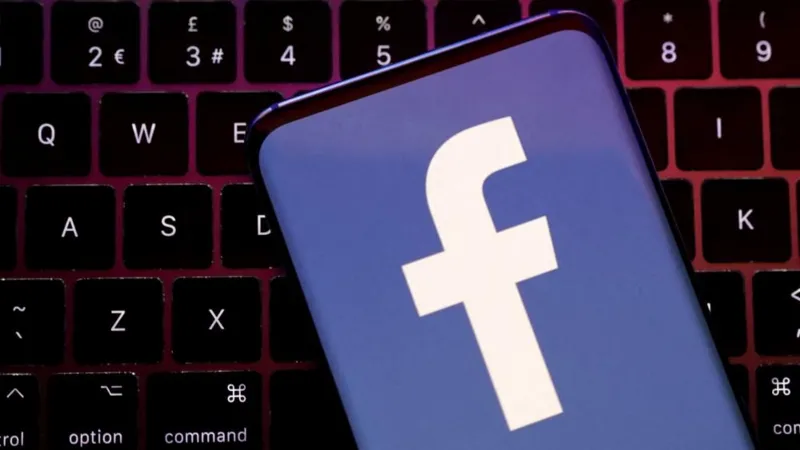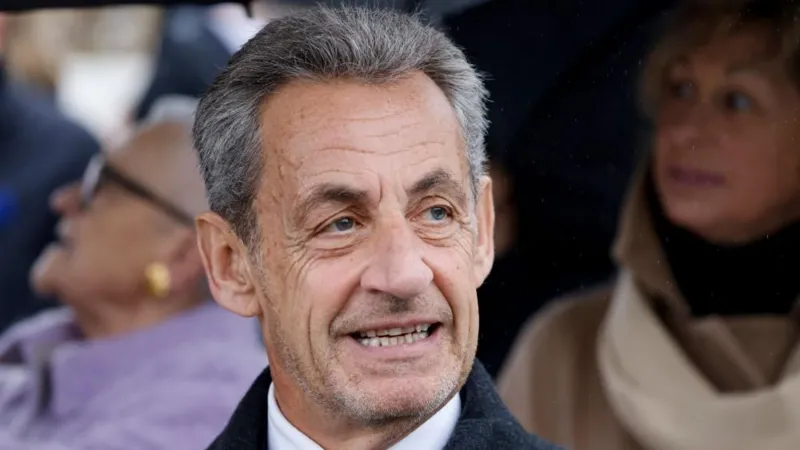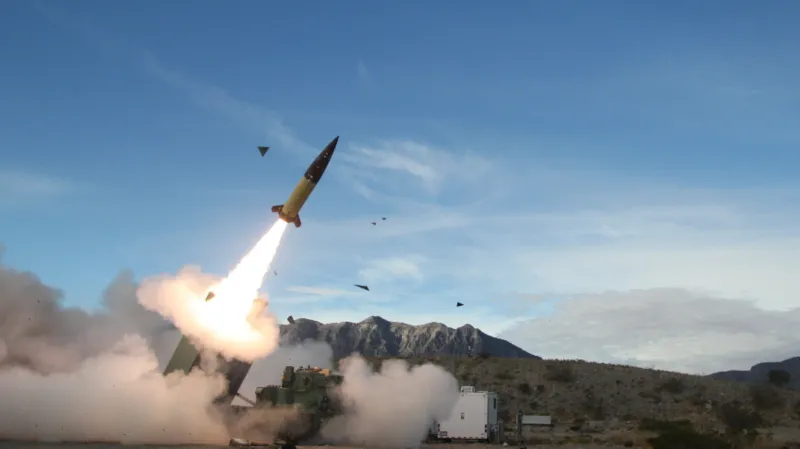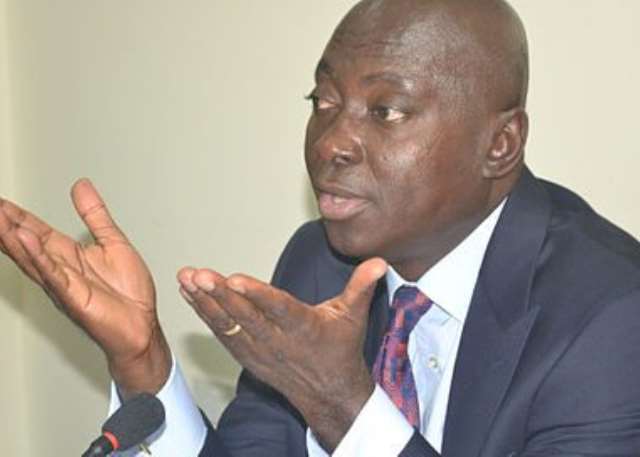China hits back hard in global trade war with tariffs on US goods

China announced additional tariffs of 34% on U.S. goods on Friday, the most serious escalation in a trade war with President Donald Trump that has fed fears of a recession and triggered a global stock market rout.
In the standoff between the world's top two economies, Beijing also announced controls on exports of some rare earths and filed a complaint at the World Trade Organisation.
It added 11 entities to the "unreliable entity" list, which allows Beijing to take punitive actions against foreign entities, including firms linked to arms sales to democratically governed Taiwan, which China claims as part of its territory.
Nations from Canada to China have readied retaliation in a mounting trade war after Trump raised U.S. tariff barriers to their highest level in more than a century this week, leading to a plunge in world financial markets.
Investment bank JP Morgan said it now sees a 60% chance of the global economy entering recession by year end, up from 40% previously.
U.S. stock futures fell sharply on Friday, signaling more losses on Wall Street, after China retaliated with fresh tariffs a day after the Trump administration's sweeping levies knocked off $2.4 trillion from U.S. equities.
"China comes out swinging with an aggressive response to Trump's tariffs," said Stephane Ekolo, Market & Equity Strategist, Tradition, London.
"This is significant and is unlikely to be over, hence the negative market reactions. Investors are afraid of a 'tit for tat' trade war situation."
Shares of Big Tech stocks fell in premarket trading, with companies such as Apple and Nvidia having big exposure to China and Taiwan for manufacturing their products.
In Japan, one of United States' top trading partners, Prime Minister Shigeru Ishiba said the tariffs had created a "national crisis" as a plunge in banking shares on Friday set Tokyo's stock market on course for its worst week in years.
U.S. Secretary of State Marco Rubio on Friday disputed any economic crash, telling reporters that markets were reacting to the change and would adjust.
"Their economies are not crashing. Their markets are reacting to a dramatic change in the global order in terms of trade," he said at a press conference in Brussels. "The markets will adjust."
DIVISIONS AND MIXED SIGNALS
With European shares also heading for the biggest weekly loss in three years, the European Union's trade commissioner Maros Sefcovic will speak to U.S. counterparts.
"We will not shoot from the hip – we want to give negotiations every chance to succeed to find a fair deal, to the benefit of both sides," he said on social media.
The EU is divided on how best to respond to Trump's tariffs, including on use of its 'Anti-Coercion Instrument', which allows the bloc to retaliate against third countries that put economic pressure on EU members to change their policies.
Countries that are cautious about retaliating and thereby raising the stakes in the standoff with the U.S. include Ireland, Italy, Poland and the Scandinavian nations.
French President Emmanuel Macron led the charge on Thursday by calling on companies to freeze investment in the U.S.
However, French Finance Minister Eric Lombard later cautioned against like-for-like countermeasures on the U.S. tariffs, warning this would also rebound on European consumers.
"We are working on a package of responses that can go well beyond tariffs, in order, once again, to bring the U.S. to the negotiating table and reach a fair agreement," Lombard said in an interview with broadcaster BFM TV.
There were conflicting messages from the White House about whether the tariffs were meant to be permanent or were a tactic to win concessions, with Trump saying they "give us great power to negotiate."
The U.S. tariffs could jack up the price for U.S. shoppers of everything from cannabis to running shoes to Apple's iPhone. A high-end iPhone could cost nearly $2,300 if Apple passes the costs on to consumers, based on projections from Rosenblatt Securities.
Businesses have raced to adjust. Automaker Stellantis said it would temporarily lay off U.S. workers and close plants in Canada and Mexico, while General Motors said it would increase U.S. production.
China is retaliating for Trump's 54% tariffs on imports from the world's No. 2 economy. The European Union faces a 20% duty.
"Others have maybe learned their lessons (from Trump's last term)," said Eddie Kennedy, head of Bespoke Discretionary Fund Management, Marlborough, London.
"They are fighting back and saying we can play the same game as you and we are more in a position of strength to negotiate."
Other trading partners, including Japan, South Korea, Mexico and India, said they would hold off on any retaliation for now as they seek concessions. Britain's foreign minister said it was working to strike an economic deal with the United States.
Trump says the "reciprocal" tariffs are a response to barriers put on U.S. goods, while administration officials said the tariffs would create manufacturing jobs at home and open up export markets abroad, although they cautioned it would take time to see results.
Source: Reuters

















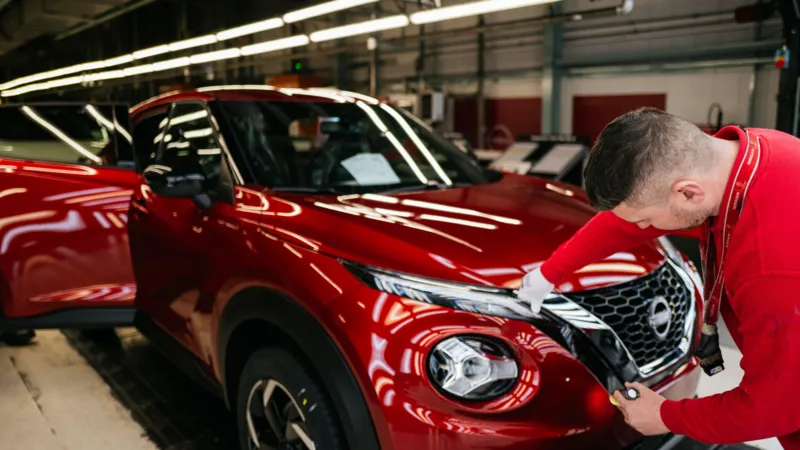


:max_bytes(150000):strip_icc():format(webp)/Health-GettyImages-WalkingBeforeOrAfterEating-8163e09e54e849e6bdff75aec25f55db.jpg)
:max_bytes(150000):strip_icc():format(webp)/Health-GettyImages-SugarVsSugarAlcohol-b00b016d36a54d58bc6ef22f74d35628.jpg)
:max_bytes(150000):strip_icc():format(webp)/Health-GettyImages-1490455140-867589cab1104d58b38a8c29bdc3bba0.jpg)













